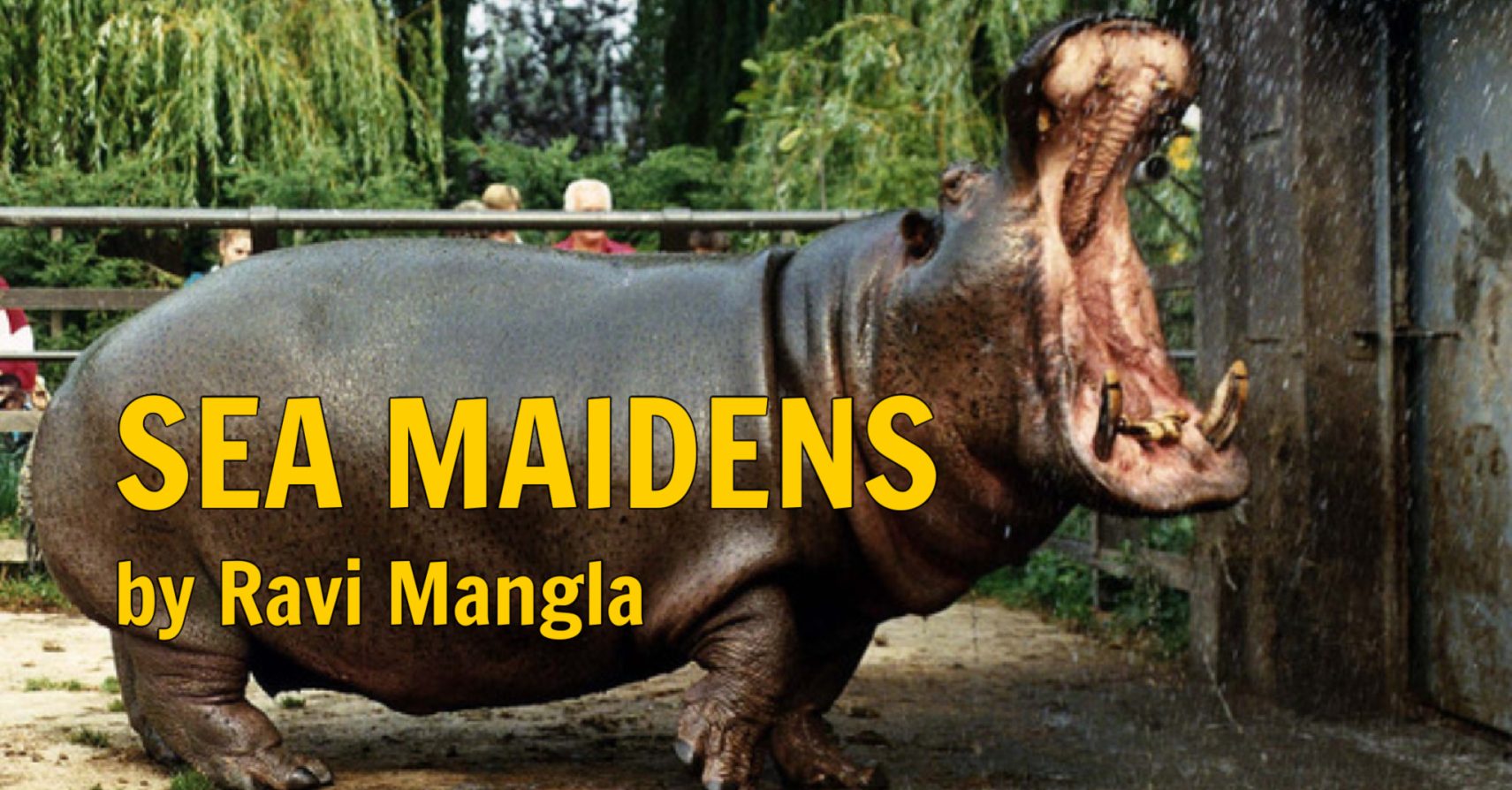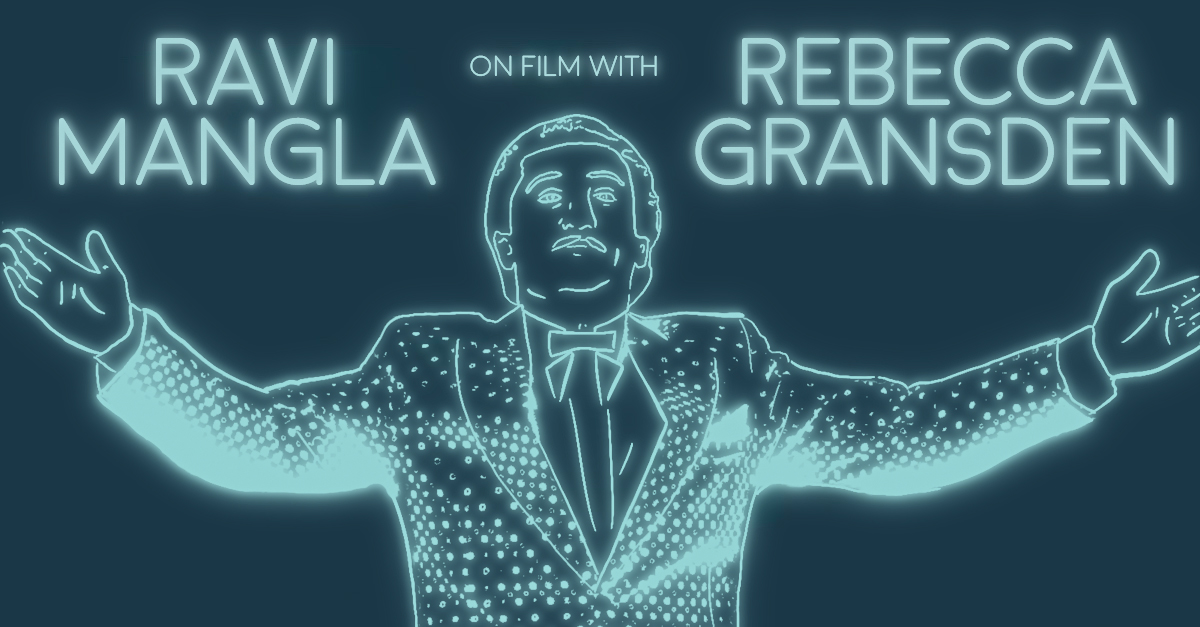
SEA MAIDENS by Ravi Mangla
Ever since her husband was hit by a municipal bus, Mrs. Atwal would spend her afternoons watching the hippos at the aquarium. Their fleetness of hoof belying their primordial size. At two o’clock, on the nose, the hippos were isolated in a separate part of the tank and the mermaid show would begin. Children crowded the double-paned glass. A drowsy piano tune was piped through the speakers. The mermaids emerged from some unknowable recess in the tank. Each time one of the mermaids waved at Mrs. Atwal, or otherwise made eye contact with her, she imagined a hippo breaking loose…


